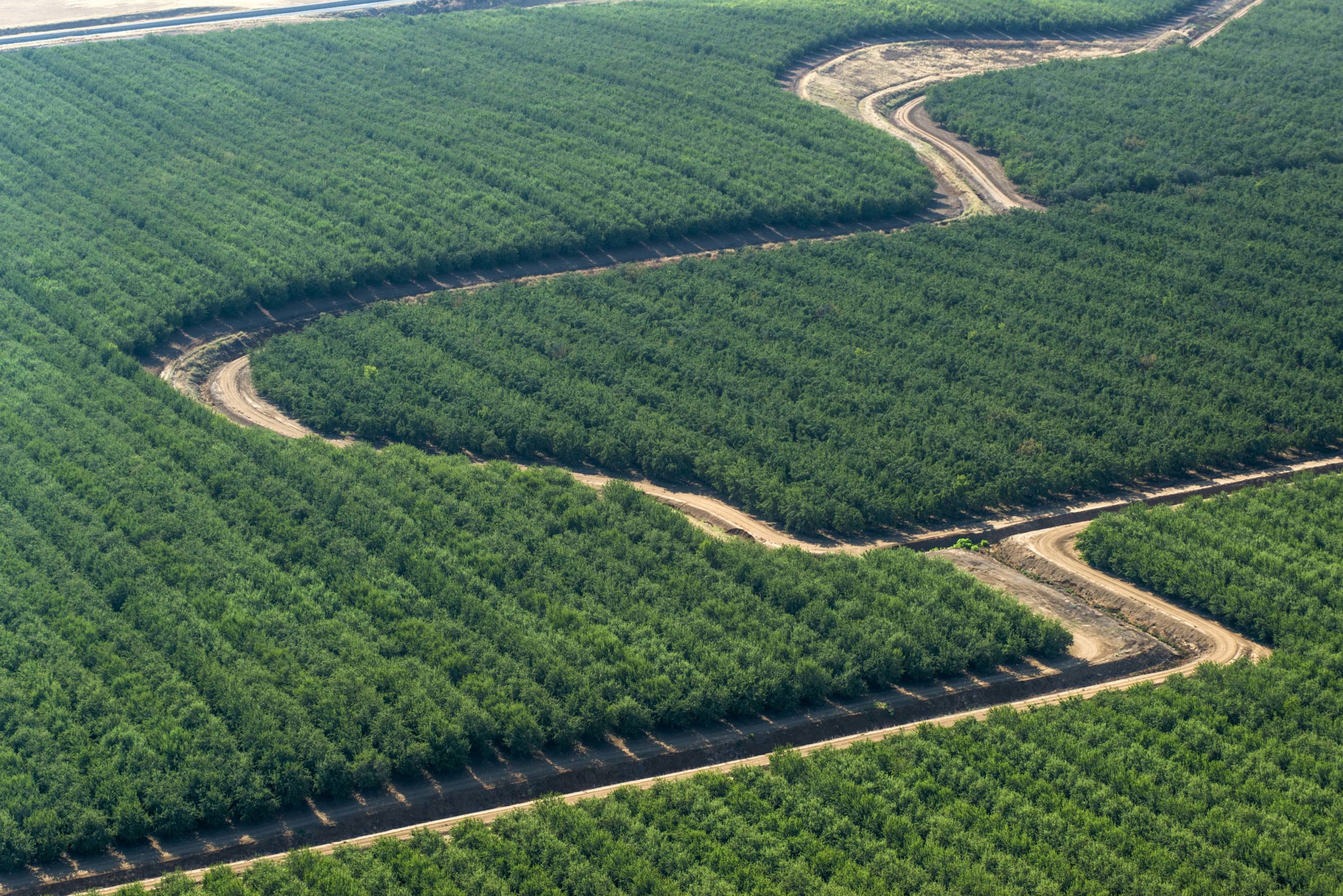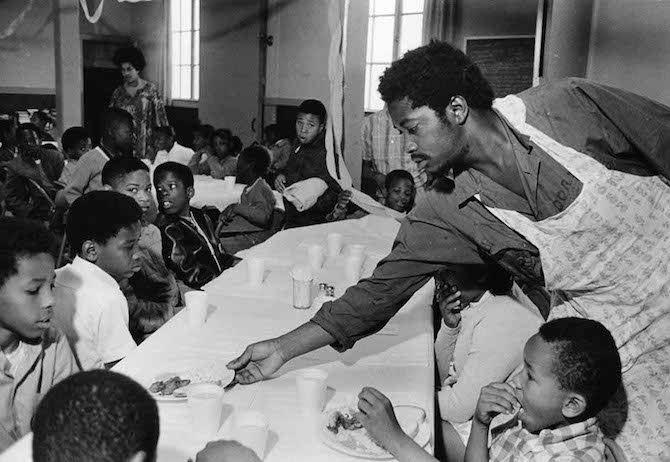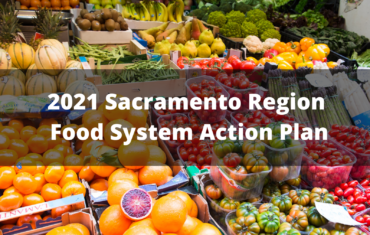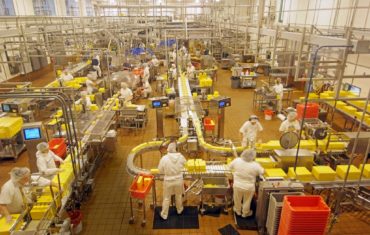Valley Vision Continues to Support a Food System For All
In recent months, the COVID-19 pandemic has created extraordinary challenges for our food system as food and economic insecurity has sky-rocketed. In recent days our country and our community have experienced significant pain and grief over the manifestations of systemic racial, economic, and social injustice. As our region joins together to face the challenges of COVID-19, we also strive for a food system that works for all, as a vital part of equitable, inclusive, healthy communities.
There has long been a connection between food access and economic, social, and racial justice sought by black and brown communities. In fact, in 1968, one of the earliest and most successful actions of the Black Panthers movement was the creation of the Free Breakfast for Children Program.
The program was so impactful that, during a 1969 U.S. Senate hearing, National School Lunch Program Administrator Rodney Leonard admitted that the Panthers probably fed more poor school children than the State of California. However, FBI Director J. Edgar Hoover vehemently disapproved of the Black Panthers and worked adamantly to squash the movement. He branded the Breakfast Program not just a “tactic” but a “threat” and authorized raids and destruction of any churches or community centers that were participating. By the early 1970s, the Black Panthers Breakfast Program ended. However, due to their efforts, Congress could not ignore the program’s critical role in the lives of students and their families, and in 1975 established The School Breakfast Program. Since then, funding has dramatically increased for both the National School Lunch Program, as well as the School Breakfast Program – the legacy of the Black Panthers. In 2019, over 100,000 schools received funding to serve over 33 million students breakfast and lunch at free or reduced prices. For many, school-provided meals remain these students’ primary source of nutrition.

Valley Vision has always been committed to securing an equitable food system in our region. In 2015, along with the Sacramento Region Community Foundation, published the Food System Action Plan. The report, developed in partnership with numerous leaders and community stakeholders, assessed the status or the entire region’s food system and gave specific actionable policy recommendations and strategies to strive for a sustainable and equitable food system. While investigating the status of programs targeting food equity and food accessibility, Valley Vision discovered that in the Sacramento Region only 71% of the 205,000 students eligible for the National School Lunch Program were participating, and an even smaller percentage of those eligible were enrolled for the School Breakfast Program. The same statistics were also true for families eligible for CalFresh and SNAP programs. The impact, aside from a growing number of food-insecure residents, was an estimated loss of $215 million in potential revenue for the region from farmers and distributors supplying fresh and nutritious foods to the community.In May 2020 Valley Vision, along with Greater Sacramento Economic Council (GSEC), Sacramento Metro Chamber, Sacramento Asian Chamber, and the Sacramento Area Council of Governments (SACOG), co-published the region’s new prosperity strategy along with Our Path Forward: The Prosperity Strategy, a bridge to economic recovery.
The framework bolsters the Greater Sacramento region’s food and agriculture cluster, a deep supply chain that extends from research to commercialization of technology, to production, processing, distribution, and consumption. The report recognizes the vital importance of our food and ag economy and the imperative for a sustainable and equitable food system.
Guided by the Food System Action Plan and our projects over the years – and with the new imperative of dealing with the crisis created by COVID 19 – especially with the dramatic increase in hunger and food insecurity and the impact on our farmers, food distributors and restaurants in particular – Valley Vision will continue to advocate for and drive efforts that invest in our regional food system. We are working with partners at the local, state and federal levels on strategies to increase institutional procurement of locally grown foods by schools, hospitals, and others; support school wellness and student nutrition policies; expand food and beverage manufacturing, including healthy new foods of the future and workforce pipelines; drive food and ag innovation and entrepreneurship; accelerate rural broadband initiatives to support AgTech and rural communities; and strengthen the nonprofit sector, especially in areas of food access and literacy.
With the Food System Action Plan at a five-year benchmark, we hope to update the key facts on food security and access that were identified in 2015, and work with the Community Foundation, stakeholders and the community to update and act upon the Food System Action Plan’s strategies and recommendations.
If you are interested in learning more about Valley Vision’s involvement in the Food and Ag space please contact Emma Koefoed at Emma.Koefoed@valleyvision.org.



